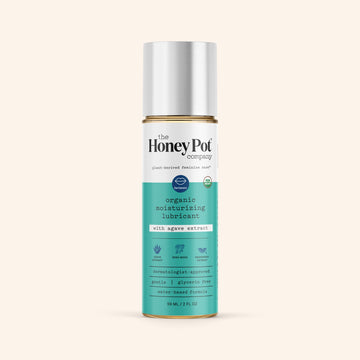Essential oils are incredible healing tools that can support multiple facets of our wellness, including mental, emotional and physical health. While you are probably more familiar with the use of essential oils for aromatherapy, there’s a whole plethora of uses for them that you might not know about yet. So, let’s dive in!
Essential oils are highly concentrated extractions of plants. Popular essential oils include rose, lavender, eucalyptus, peppermint, vanilla, bergamot, tea tree, and ylang ylang to name a few. Scientists use various extraction methods like distillation and cold-pressing, to cultivate highly bioactive compounds, called volatile oils, from plant leaves, roots, barks, roots, and seeds to make essential oils. Along with other compounds, volatile oils are what give plants their healing properties that we know and love.
When you think about essential oils, you probably think about aromatherapy, which is the therapeutic use of scents for healing. Think candles, lotions, perfumes, etc. But, aromatherapy is a deeply rooted holistic practice with tons of scientific research to back its effectiveness for things like stress, anxiety, and depression relief to headache management, pain relief, and sleep support. Essential oils like lavender and chamomile, for example, have been shown to demonstrate mood-supportive healing properties. Believe it or not, aromatherapy is just the tip of the iceberg for essential oils use. Another important use of essential oils is in hydrotherapy, which is the therapeutic use of water for health and wellness. Think sauna therapy, contrast showers, and herbal baths. In hydrotherapy, we use essential oils like peppermint, thyme, and eucalyptus for steam inhalation therapy to open up the nasal passageways and to relieve sinus congestion. There are even studies which demonstrate the power of essential oils in supporting the immune system and improving respiratory health.
Topical essential oil use is another very popular and effective use of essential oils, which leans into their skin-soothing, anti-inflammatory, and antioxidant properties. Think healing salves, bath bombs, herbal ointments, etc. Essential oils like rose and chamomile are very popular for topical use, due to the former’s rich Vitamin C content and the latter’s skin healing properties. Studies show that topical essential oil therapy can help with skin conditions such as acne and eczema.
We can’t talk about essential oils without discussing safety. The most important thing to keep in mind when using essential oils topically is to use some sort of carrier compound to dilute the strength of the essential oil. Such carriers include oils like jojoba oil and almond oil, water, unscented lotions, and liquid soap. Carriers are important because when essential oils are applied directly to the skin, they can cause irritation, itching, and burning. This is especially important to keep in mind if your skin is broken, inflamed, irritated, or sensitive in nature. Lastly, do not ingest essential oils, as even a small amount can be toxic and poisonous. The key exception to this is enteric coated capsules, which are the safe capsule-protected form of essential oils that make them easy and safe for digestion in the human body. With these tips in mind, you’ll be able to use essential oils safely and effectively right away!
The Honey Pot Co. uses essential oil therapy in several of their products, including their bergamot rose collection, anti-itch products, and organic herbal pads. The featured extracts include rose, lavender, peppermint, and aloe. Rose extract, a natural astringent, is filled with antioxidants and has the ability to soothe irritated skin. The Honey Pot Co. uses aloe, mint, and lavender extracts in their organic pads. Aloe extract is soothing to the skin and decreases inflammation. Peppermint oil creates a cooling sensation. And lavender essential oil has a calming and soothing effect on the skin and the mind.






